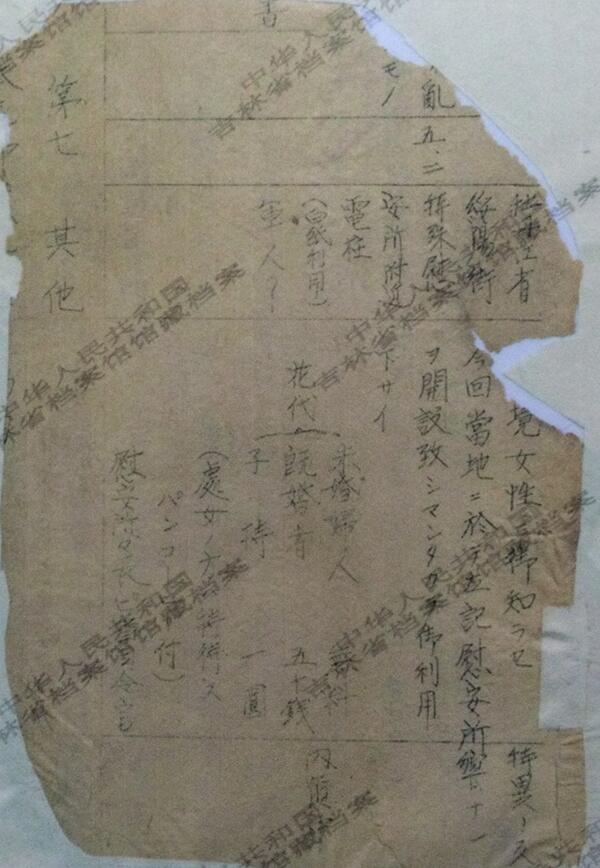Sex Slave Documents Describing 'Comfort Women' Practice in WWII Japan Creates Divide At UN
SEX SLAVE DOCUMENTS DESCRIBING 'COMFORT WOMEN' PRACTICE IN WWII JAPAN CREATES DIVIDE AT UN
BY JULIA GLUM ON 11/1/17 AT 3:33 PM
SHARE
WORLDJAPANSOUTH KOREAWORLD HISTORYCOMFORT WOMEN
Comfort women advocates in South Korea took yet another blow this week after a United Nations panel announced it was delaying a decision on whether to preserve documents detailing how the sex slaves were used by Japanese troops in the '30s and '40s in its archive.
The United Nations Educational, Scientific and Cultural Organization accepted on Monday 78 nominations to its Memory of the World Register, which saves and protects significant materials that have to do with world history, according to the Japan Times. But a series of records about so-called comfort women, which were submitted by multiple groups and are at the center of an ongoing dispute between Japan and South Korea, were not among them.
Instead, its advisory committee said it needed to set "a place and time convenient to the parties for this dialogue, with a view to leading to a joint nomination to encompass as far as possible all relevant documents."
Keep Up With This Story And More By Subscribing Now
Related: San Francisco Statue Honoring 'Comfort Women' Sex Slaves From World War II Infuriates Japan
The foreign ministry in Seoul immediately fought back, slamming the announcement in a statement out Tuesday.
"The government expresses our regret over the recommendation and the decision by [the committee's] secretary-general," Nikkei reported the ministry said. "We will continue possible diplomatic efforts to make the records on comfort women objectively and fairly evaluated going forward."
UNESCO's decision to avoid making a decision on the comfort women materials follows years of pushback by Japan, which has repeatedly tried to distance itself from the World War II-era brothels that forced an estimated 200,000 women to service Japanese Imperial Armed Forces. This past May, for example, Tokyo resisted paying its UNESCO dues in hopes of convincing the committee to block the documents—which include court records and victim testimonies—from becoming part of the register.
View image on Twitter

 China Xinhua News
China Xinhua News✔@XHNews
China defends UNESCO "comfort women" listing (Photo: Ads soliciting "comfort women") http://xhne.ws/8aJ0w
10:39 PM - Jun 13, 2014
It's part of a larger battle Japan is waging in connection with the comfort women. The Japanese government apologized for the practice in 1993, and in 2015 it agreed to pay about $8.3 million to surviving comfort women living in South Korea.
Seoul, however, has demanded more recognition for its victims—and the United Nations has backed up that stance at least once.
"We believe the agreement between Japan and South Korea falls short of meeting the demands of survivors," a group of independent UN human rights experts said in 2015. "An unequivocal official apology recognizing the full responsibility of the then-Japanese government and military, as well as adequate reparations, would protect and uphold the victims’ right to truth, justice and reparation."
As the debate over the Memory of the World Register played out this week, South Korea lost another of its comfort women, leaving just 34 still living in the country. A court in Seoul also recently fined a professor nearly $9,000 for writing a book in which she suggested some of the sex slaves voluntarily became comfort women.
No comments:
Post a Comment
Note: Only a member of this blog may post a comment.